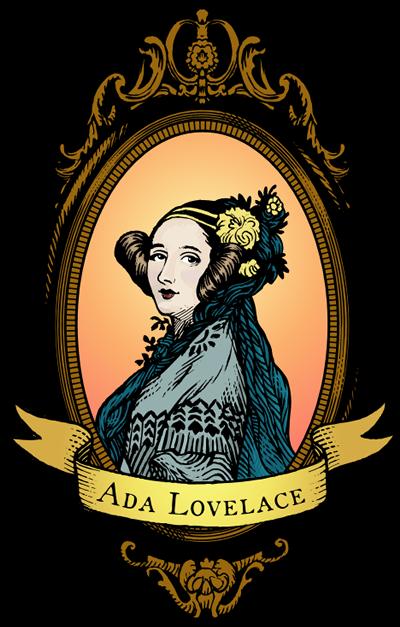Early woman computer scientist inspires today’s female biological sciences academics

University of Southampton Operational Research and Management Sciences lecturer Dr Honora Smith spoke about her famous relative, the 19th century computing pioneer Ada Lovelace, to students and early career researchers in Biological Sciences.
The event was part of Ada Lovelace day celebrations across the UK to highlight female scientist role models. Honora is the great great grand niece of the woman who worked with Charles Babbage who invented the first programmable computer. Ada wrote an algorithm designed to be carried out by a machine, which can be described as the first computer programme.
“I am proud of being related to Ada and feel she would have been interested to see how my career has centred around modern computing,” she says. “Although she worked with Babbage, she made valuable scientific contributions in her own right.”
Honora’s career to date has reflected some elements of her famous relative’s life. She became interested in computers at an early age and even spent her gap year before university programming an early IBM mainframe and using it with the Midlands car components firm Lucas. She studied Maths and Management Science at Girton College, Cambridge, then took both a masters and PhD in Operational Research, the application of maths and management science in business, at the University of Southampton before becoming an academic. Her research involves the contribution of OR to healthcare in Africa and India.
The event also included an update on progress in Biological Sciences on the Athena SWAN initiative aimed at advancing women’s careers in science, technology, engineering and maths in UK universities. The department currently holds a bronze award and is expected to submit an application for silver status in 2016.